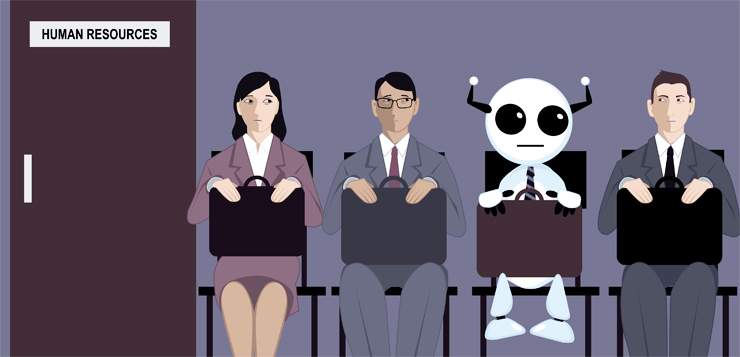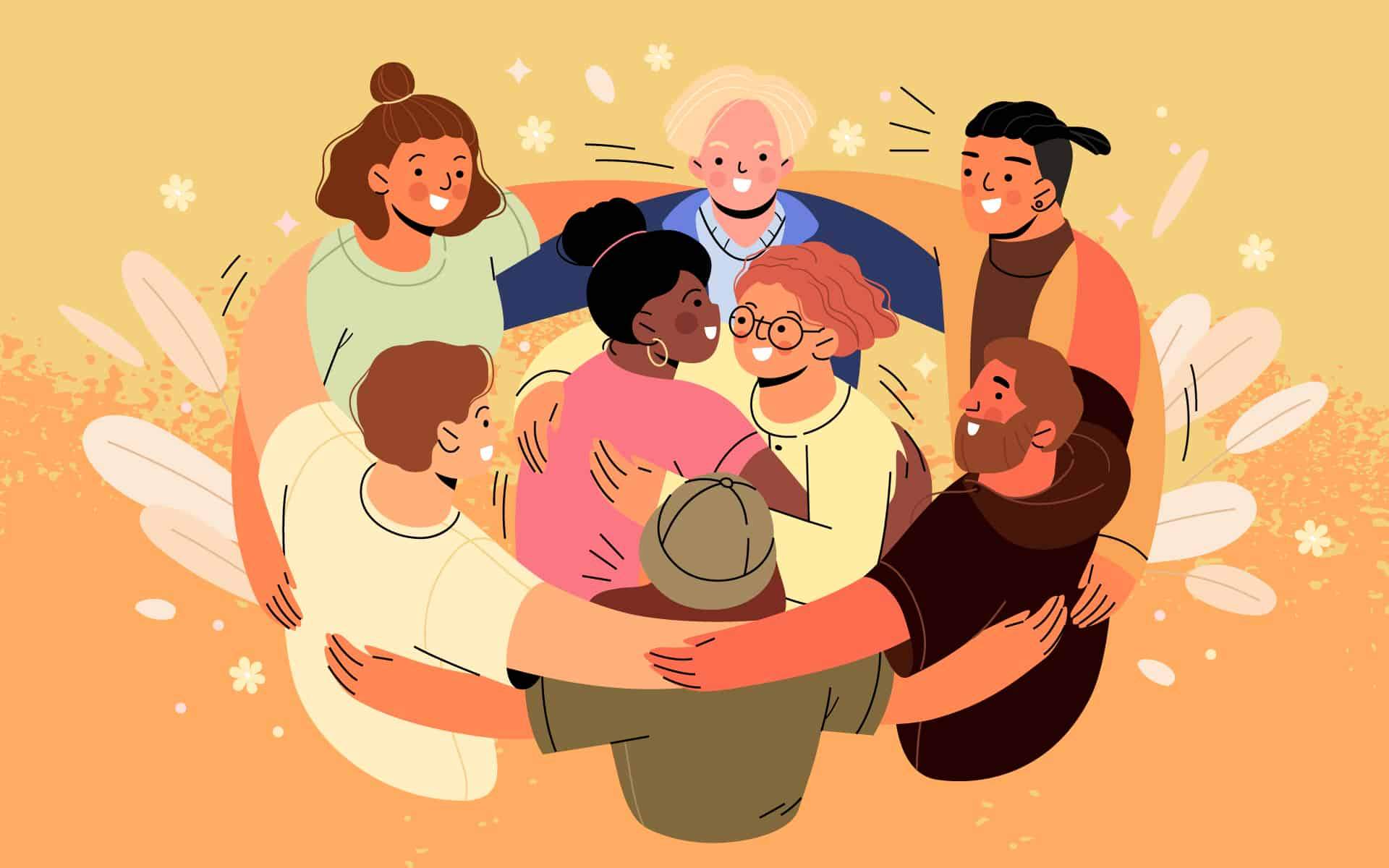Last week saw a gathering of over 4000 politicians, private sector leaders, policymakers, and experts for the fifth annual World Government Summit in Dubai. The speakers, who included Prime Minister of Japan Shinzo Abe, the new Secretary General of the United Nations António Guterres, and visionary entrepreneur Elon Musk, covered 114 different topics that will shape future governments. Amongst the core themes were familiar anxieties about inequality, extremism and climate change, but also a new recognition that globalization isn’t working for everyone and that we’re about to plunge into a ‘Fourth Industrial Revolution’ that will potentially bring even greater disruption and dislocation.
The exponential rate of development in new technologies will revolutionize almost every industry worldwide within the coming decades. Rapid breakthroughs in artificial intelligence, robotics, autonomous vehicles, 3-D printing, the internet of things, nanotechnology and, biotechnology promise to dissolve the distinction between our physical and digital worlds forever.
A 2015 study predicted that one in four US jobs will be automated within 10 years, and that the jobs of many administrative and clerical workers are no safer than those of manual workers.
At the Summit, Uber founder Travis Kalanik predicted that within 5-10 years most taxis will be automated and, rather than calling a driver, we’ll communicate with cars through sophisticated AI. These changes will likely lead to such an abundance of cheap and easy transport that most of us are unlikely to own our own cars. But what becomes of the people who currently drive cabs, trucks, buses and trains? A 2015 study predicted that one in four US jobs will be automated within 10 years, and that the jobs of many administrative and clerical workers are no safer than those of manual workers. In the UK, the Bank of England estimates that roughly 15 million jobs could be at risk. Meanwhile, the political order across the western world is already convulsing as those who feel left behind by the unassailable logic of global markets seek ways to comprehend their predicament and make their voices heard.
Many speakers at the summit articulated variations on the following three proposals to address these emerging tensions:
1.) We urgently need “new, human-centered thinking—considering happiness, wellbeing, purpose and meaning” in policy-making, according to Professor Klaus Schwab, founder of the World Economic Forum. Professor Jeffrey Sachs suggested that economics should become a moral science, whilst speakers including Elon Musk discussed the inevitability of needing a new economic model or social contract, including perhaps a ‘universal basic income.’ As new ways of organizing society are assessed, we must do so through a ‘human-centered’ lens rather than blindly serving existing systems.
2.) We need to develop 21st century job skills that cannot be replaced by robots and AI, which means exploring and cultivating what makes us uniquely human. President of the World Bank, Dr. Jim Kim, proposed that we must cultivate STEMpathy (science, technology, engineering, maths + empathy), because increasingly, what we know matters less than how we apply it. Joseph Aoun, President of Northeastern University, predicted that we are entering the ‘age of humanics,’ rather than an age of robotics, which he defined as “an age that integrates our human and technological capacities to meet the global challenge of our time.”
3.) The ultimate aim of governments should be cultivating the optimum conditions for human happiness, according to world leaders like the Prime Ministers of Bhutan and the United Arab Emirates. The new science of positive psychology and wellbeing presented at the summit by Professor Martin Seligman and others shows that there are ways in which we can all learn to be happier, and the degree to which we are happy has a major impact on our productivity and employability—learning how to live isn’t necessarily different from learning how to earn a living.
Dr Kim argued that investing in the psychological health of future generations is not just the right thing to do, but is also important for social stability. If the Fourth Industrial Revolution leads to inescapable mass-unemployment the focus of schools on preparing young people for the job market may be thrown into question, but in any case, children should be taught how to live well.
…investing in the psychological health of future generations is not just the right thing to do, but is also important for social stability.
Three Ways Mindfulness Training Can Prepare Us to Meet the Challenges of the Fourth Industrial Revolution
1) Develop our capacity for compassionate thinking
Firstly, ‘new, human-centered’ thinking requires our current leaders and decision makers in society to have a more intimate understanding of their own humanity. Mindfulness practice is about more than just attention training. It’s also largely about developing kind curiosity towards inner experience, and provides a framework for deep inquiry into the psychological mechanisms of distress and wellbeing. So through mindful awareness, leaders have the opportunity to learn about the human condition by exploring their own hearts and minds.
Furthermore leaders need empathy to resonate with the people they serve – to avoid preoccupation with an abstract concept of the nation state, “Progress” or “The Market.” Mindfulness training has consistently been shown to develop empathy – for example, heightened neural responses to seeing others in distress. This heightened empathy arises in part through the development of body awareness—as it turns out, the more we are grounded in the body and know stillness, the more we can feel moved.
2) Provide a competitive edge for the core 21st century skill sets
Although robots will eventually take on most manual tasks and AI will progressively out-compete our limited intelligence, our technology can’t yet claim consciousness, empathy, or compassion. There is great value to us in being seen, being heard, and relating to other conscious creatures. Feeling listened to by a doctor, for example, is just as important as technical competence in our assessment. And research increasingly associates levels of social connection with better mental health, physical healing rates, and life expectancy.
It goes without saying that anything that we can do on autopilot, robots and AI will soon do better.
Mindfulness is a natural capacity, present in all of us to some extent. But we are all too familiar with its opposite: a default, heedless, distracted state often described as ‘autopilot’. It goes without saying that anything that we can do on autopilot, robots and AI will soon do better. Mindfulness may come to be seen as the core 21st century capacity, because it concerns our only competitive advantage over the machines: awareness itself.
3) Expand our ability to live a life of meaning
Even though practices like mindfulness will help us to create unique value by exploring and developing our ‘humanness’, we may still be progressively less able to do tasks of significant economic worth. If we’re successful in creating a human-centered economy that plays to our best qualities, then this may mean that we work fewer hours, or fewer days. But it may also mean that many of us will be unemployed. If this is the case, how will we use our time? What will education teach us? How will we deal with the tensions that these changes unleash in society? What will give our lives meaning?
These and many more questions will assail us as a species in years not too far from now. To navigate them well together, we will require a deep understanding of ourselves and each other— and knowledge of behaviors that underpin healthy emotional functioning. Volunteering, self-development, and caring for others are likely to be some part of the picture. Perhaps we’ll even begin to see ourselves as our own life’s work. We might even direct our energies into the hard toil of self-discovery and the training of heart and mind, reducing stress, and cultivating happiness in ways that only our own efforts can achieve. Far from just another fad, perhaps the mindfulness craze is the start of a macro trend towards putting self-awareness and contemplative practice at the centre of human endeavor. Let’s hope so.








